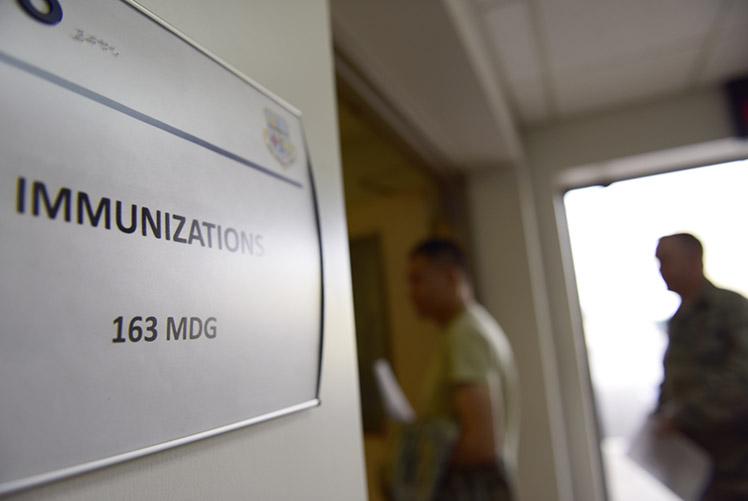The sudden passing of Krystal Anderson, a former Kansas City Chiefs cheerleader and advocate for women’s health, has left a community in mourning. At the age of 40, Anderson’s life was cut tragically short due to sepsis following the stillbirth of her daughter, Charlotte Willow. This devastating event underscores the critical importance of awareness and action in the realm of maternal health, particularly for Black women who face disproportionately high risks.
Krystal Anderson’s journey with the Kansas City Chiefs was marked by her vibrant spirit and dedication. She cheered for the team from 2006 to 2011 and again from 2013 to 2016, attending over 100 games, serving as a captain, and representing the team at the 2015 Pro Bowl. Her impact extended beyond the field as she was “loved and adored by her teammates, fans, and strangers who were never strangers for long,” according to the team’s social media tribute.
Beyond the cheerleading arena, Anderson was a force for positive change. As a software engineer at Oracle Health, she was instrumental in developing software that assesses the risk of postpartum hemorrhaging, earning her a patent for this significant contribution to healthcare. Her passion for women’s health was not confined to her professional life; she was also a yoga instructor and a vocal advocate for Black women in STEM and women’s health issues.
Anderson’s untimely death brings to light the stark realities of maternal sepsis, an extreme reaction to infection that can lead to tissue damage, organ failure, and death. According to the Sepsis Alliance, maternal sepsis is responsible for at least 261,000 maternal deaths globally each year. In the United States, maternal deaths have more than doubled over the past two decades, with Black women experiencing the highest maternal mortality rate in the country.

The disparity in maternal health outcomes is a systemic issue that affects all areas of healthcare. Black women are 3.3 times more likely to die from pregnancy-related causes than White women. This alarming statistic is a call to action for healthcare providers, policymakers, and communities to address the underlying factors contributing to this disparity, including poverty, discrimination, and inadequate care.
In memory of Anderson, the Rho Mu chapter of Alpha Kappa Alpha Sorority, Inc., along with several other organizations, will host a summit on maternal and reproductive health and infertility in the Black community. This event, scheduled for April 24 at Virginia Union University, aims to honor Anderson’s legacy by sparking conversations and driving change in the area she was so passionate about.
As we reflect on Anderson’s life and the impact she made, it is crucial to recognize the importance of maternal health awareness and the need for improved care and support for all mothers, especially those in marginalized communities. Let us honor Krystal Anderson’s memory by continuing her work in advocating for women’s health and striving for a future where every mother has the chance to thrive.
In the wake of this tragedy, we are reminded of the fragility of life and the importance of cherishing every moment. Krystal Anderson’s legacy will live on through the lives she touched and the positive changes she inspired in the world of women’s health. Her story is a poignant reminder of the work that remains to be done in ensuring safe and equitable healthcare for all mothers.





